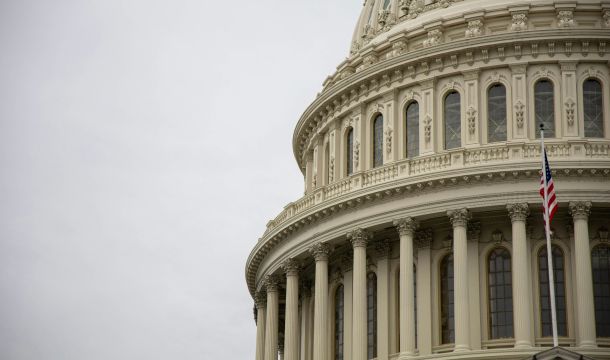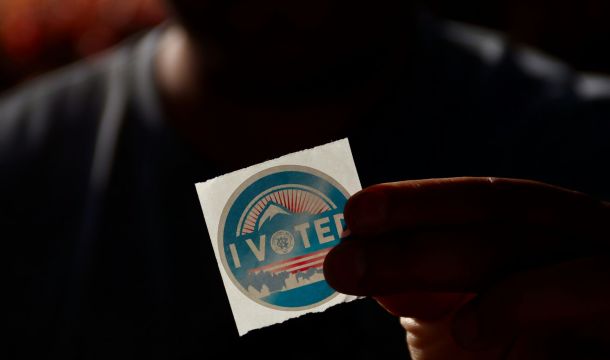Employer Saves $365 Million by Adding One Sentence to Job Application
Employers are known to have tendencies to seek "quick fixes" to employment-related issues. For example, almost every employer has "at-will" statements in its employment policies (except as limited by the terms of any applicable union contract). However, employers often overlook other useful measures that can save money.
In a recent decision, a federal appeals court enforced an employer's language in its employment policies shortening the statute of limitations period on a claim under 42 U.S.C. § 1981, to six months, similar to the period for filing a discrimination charge with the Equal Employment Opportunity Commission (EEOC). U.S. v. FedEx Corporate Services, 92 F. 4th 286 (5th Cir. 2024). A jury had awarded the plaintiff $120,000.00 for past pain and suffering, and $104 million for future pain and suffering, and an additional $365 million in punitive damages. These type of claims and damage awards can be made under Section 1981. Further, Section 1981 claims are generally subject to longer state statutes of limitations, some four years, six years, or potentially even longer.
On the other hand, Title VII claims for discrimination are subject to a statutory cap of $300,000.00 for compensatory and punitive damages. In contrast, Section 1981 has no limits on potential monetary exposure for employers with discrimination claims.
Because of the limitation in the employment agreement with the plaintiff in the FedEx case, the Third Circuit reversed the district court's denial of the motion to dismiss the Section 1981 claims, recognizing that courts allow contractual agreements to limit the time period for bringing an action, just as long as the limitation is reasonable. The court found that the six-month period in the agreement was reasonable, and plaintiff's award could not exceed $300,000.00, thus allowing the employer to avoid over $365 million in damages.
Similar issues arise as to whether an employer can shorten the statute of limitations as to various state law claims, either breach of contract or tort claims. The courts have enforced an employer's right to contractually limit to a six-month limitations period the filing such state law claims, so such claims should be included in the waiver. It is much less likely, however, that a court would enforce a six-month limitation period for filing Title VII discrimination claims, wage-hour claims, and Family Medical Leave Act (FMLA) claims. However, results in cases may vary from state to state, due to fact-specific and other considerations. Consideration might be given to include a choice-of-law clause in the waiver determining which state's law would be applicable. Consideration should also be given to highlighting the waiver as some states may consider to be a prerequisite to contractual shorter limitations period.
If an employer chooses to have current employees execute such a waiver, some type of consideration may be required in many states in exchange for the employee's waiver.
In addition to shortening the statute of limitations, another type waiver that can be considered by employers in a job application or some other employment document, is the waiver of a jury trial. Such a waiver is enforceable in most courts, and again is more likely to be upheld if it is considered a knowing waiver, and employees are generally bound by the documents they sign. Employers sometimes complain of a "runaway jury," in which a jury becomes angry and imposes a punitive award on an employer. Judges are generally considered less susceptible to such "nuclear verdicts."
This article is part of our September 2024 Newsletter.
View newsletter online
Download the newsletter as a PDF
Related Content
Get Email Updates
Immigration Issues – Are You Ready for the New Administration’s Changes in Enforcement?

Senate Vote Allows Trump to Make Critical Changes at Labor Board

But What about the Selection of a Teamster-backed Secretary of Labor?

What a Difference an Election Makes!

But What about President-elect Trump’s Immigration Policies?


